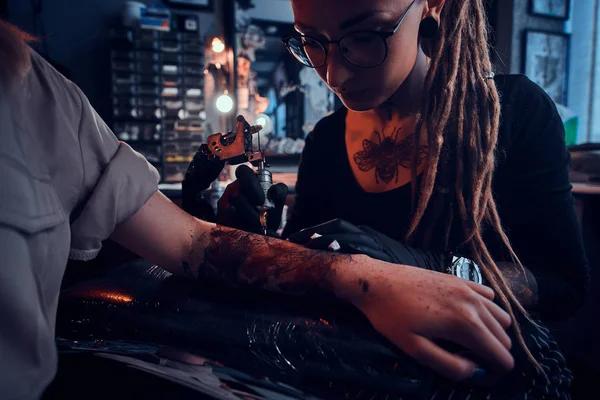Preparing your skin before getting a tattoo or piercing is essential to ensure the process goes smoothly and results in a beautiful, safe outcome. Proper skin readiness can reduce the risk of infection, minimize irritation, and promote faster healing. Several factors contribute to optimal skin condition prior to body art procedures.
First, maintaining clean and hydrated skin is crucial. Cleanse the area gently with mild soap and warm water in the days leading up to your appointment. Avoid harsh scrubbing or exfoliating products that may cause sensitivity or microtears in the skin. Hydration plays an important role as well; moisturized skin tends to be more supple and less prone to cracking during needle penetration. Applying fragrance-free moisturizer regularly helps keep your skin balanced without clogging pores.
It is equally important to avoid sunburns or excessive tanning on the area where you plan to get inked or pierced. Sun-damaged skin becomes fragile and inflamed, increasing discomfort during the procedure and prolonging recovery time afterward. If you have recently spent time outdoors, allow your skin adequate rest from UV exposure before scheduling your appointment.
Refraining from alcohol consumption at least 24 hours before getting a tattoo or piercing is another vital step. Alcohol thins the blood, which find out can lead to increased bleeding during the procedure and complicate ink application or jewelry placement. This may affect how well pigments settle into the tissue for tattoos or delay closure around piercings.
Additionally, avoid using blood-thinning medications such as aspirin unless prescribed by a healthcare professional for medical reasons. These substances can also heighten bleeding risks similar to alcohol use.
Getting enough sleep prior to your session supports overall immune function and helps manage pain tolerance better throughout the process. A well-rested body responds more effectively both during treatment and while healing afterward.
Consulting with your artist about any existing skincare conditions like eczema, psoriasis, acne, or allergies ensures they tailor their approach accordingly. Some issues might require special care plans or temporary postponement until symptoms subside fully.
On appointment day itself, wear comfortable clothing that allows easy access to the targeted area without causing unnecessary friction afterward when healing begins.

